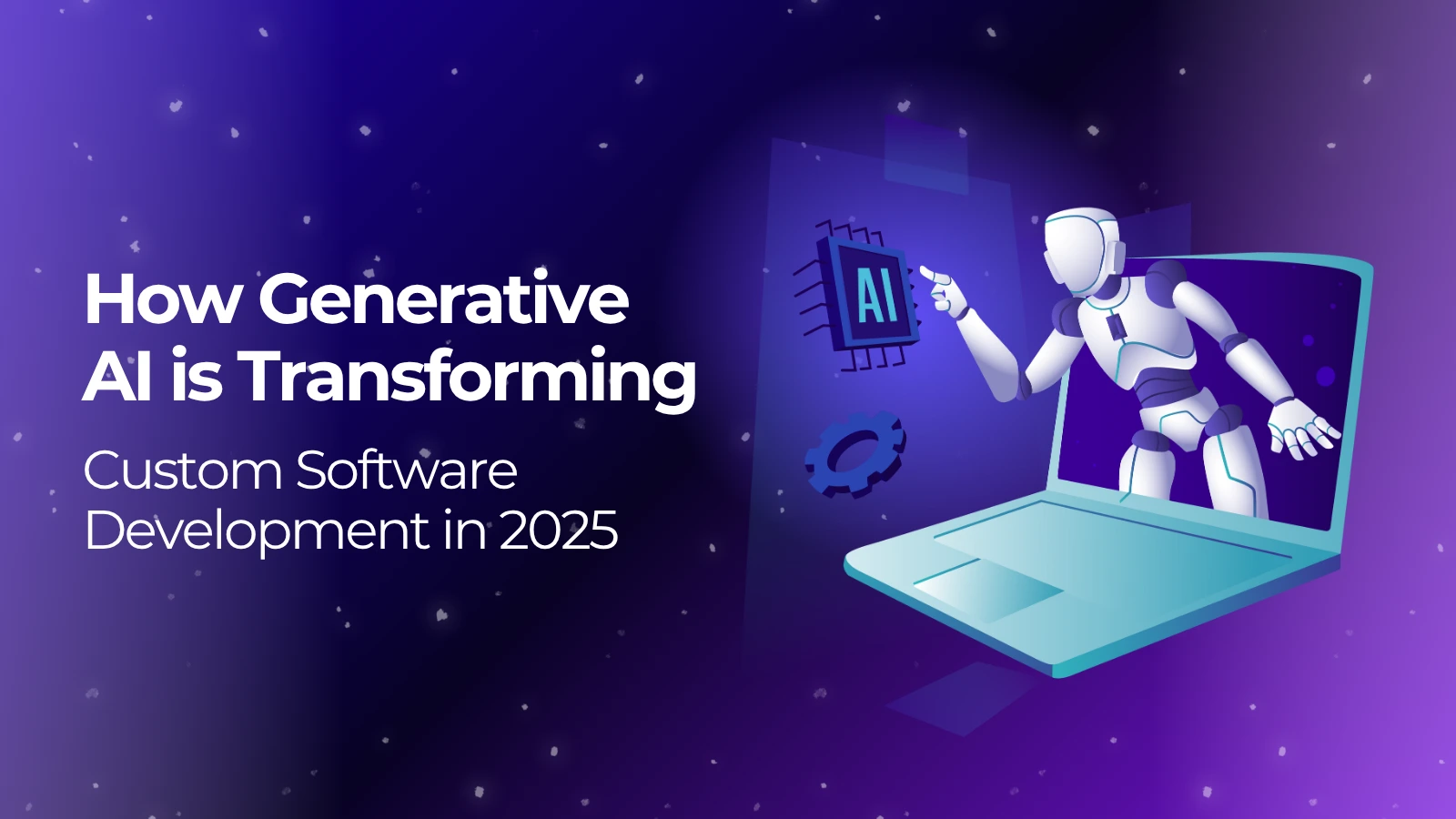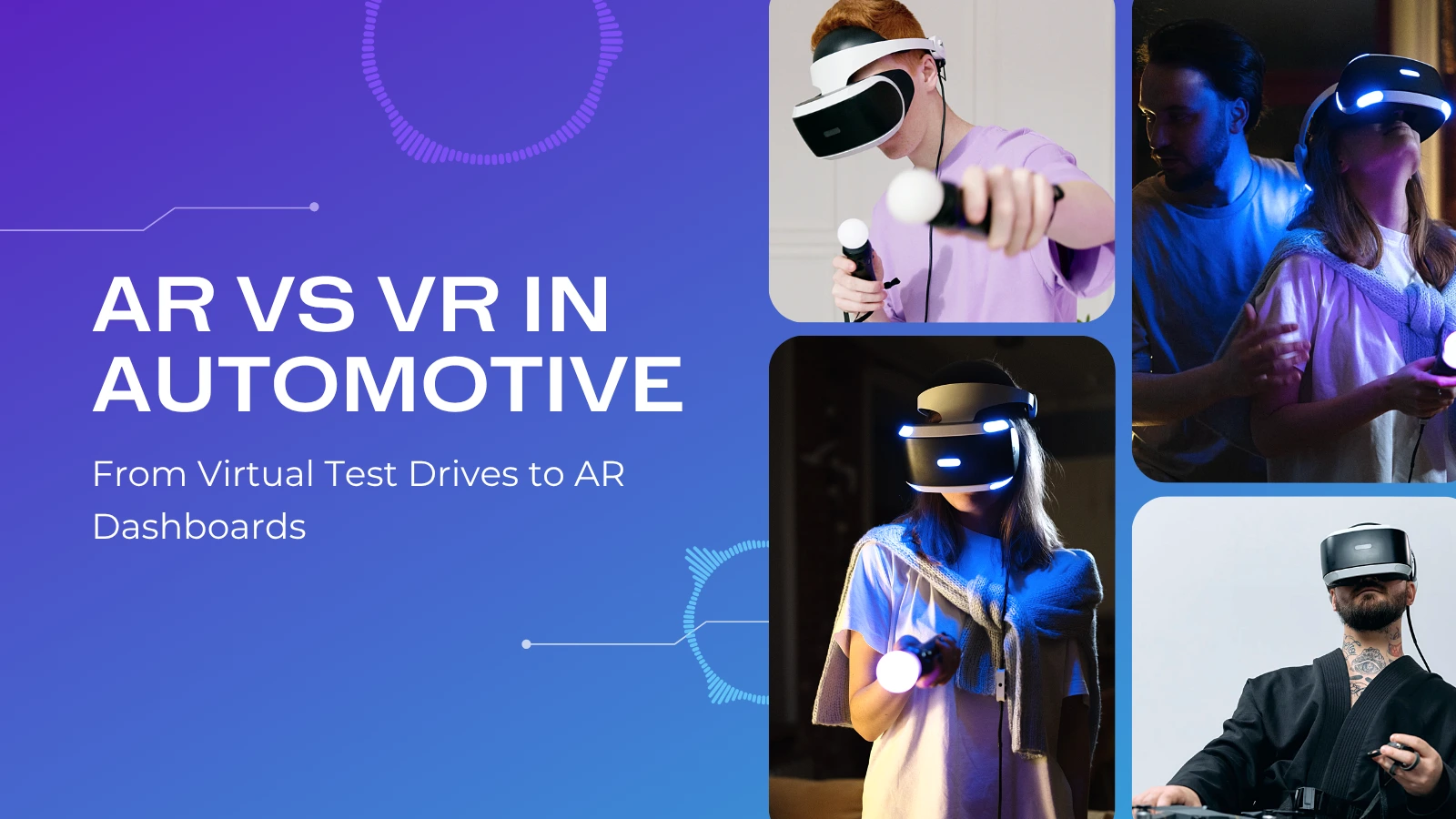VR App Development & Blockchain: The Next Big Innovation?
Where VR Meets Blockchain
What’s the Big Deal?
First off, let’s break it down. VR app development service is your ticket to immersive worlds—you strap on a headset and boom, you’re somewhere else. Blockchain? That’s the tech behind cryptocurrencies like Bitcoin—it’s a super-secure, decentralized way to keep track of who owns what. Put them together, and you get a virtual reality universe where you’re in charge.
n regular Virtual reality companies usually run the show. That cool sword you earned in a game? They could delete it tomorrow. With blockchain, that changes. Your stuff—like land, clothes, or even your digital dog—gets tied to something called an NFT (non-fungible token). It’s like a digital deed, proving it’s yours forever, stored on the blockchain where no one can mess with it.
No Middleman, Just You
Here’s where it gets fun. Say you’re in a Virtual Reality world and want to sell your virtual beach house. Normally, you’d go through the game’s company, pay fees, and hope they don’t screw it up. With blockchain, smart contracts—little bits of code that run automatically—handle the deal. You list it, someone buys it, and the money (probably crypto) lands in your wallet. No fuss, no third party, just a straight-up trade.
Take Mike, a gamer from California. He bought a virtual plot in a place called Decentraland, built a little shop, and now rents it out for crypto. “It’s mine, not some company’s,” he says. “I can do what I want with it.” That’s freedom you don’t get in traditional VR.
Virtual Reality app (VR) is already changing how we learn, play, and connect—but pair it with blockchain, and things get even more interesting. One of the biggest game-changers? Digital identity. In most traditional Virtual Reality App platforms, your avatar—the digital version of you—belongs to the platform. That means if the app shuts down or decides to ban you, your avatar, your digital belongings, and sometimes even your progress—are gone. Just like that. It’s like spending months building a character in a game only to lose it all because someone pulled the plug.
Enter blockchain.
With blockchain, your identity becomes decentralized and portable. Instead of being tied to one company’s servers, it’s stored securely on the blockchain and linked to your personal crypto wallet. You own your avatar, your data, your skins, your digital assets—and you can take them from one VR world to another without losing anything. It’s like having a passport that works across all virtual universes. Want to explore a medieval fantasy world one day and attend a digital music festival the next? Same avatar, same gear.
But here’s the upside: things are changing fast. Blockchain networks are becoming more efficient. New solutions are being developed to reduce costs and energy usage. VR headsets are getting more affordable and user-friendly. More people are dipping their toes into this space every day—curious, excited, and ready to explore.
Also, blockchain offers an essential degree of anonymity. Unlike the usual platforms that monitor and trade your information, blockchain platforms do not have to know who you are in the physical world in order to function. It's your decision how much you want to share and with whom. It's a world where your online life is your own—your identity, your choice.
And it's not just on paper. Decentraland, The Sandbox, and Somnium Space are just a few examples of platforms already making all these ideas a reality. People are buying virtual real estate in cryptocurrency, building homes and storefronts, and even hosting concerts and conferences as events. People are even running full-fledged businesses in the metaverse. And all of this is powered by blockchain technology—secure, open, and controlled by the users themselves.
Picture it as the Wild West of the digital frontier—a frontier of promise, proving ground, and discovery. But this time, with rules codified in the code: smart contracts, distributed voting, and clear ownership. A world where the people themselves can create the world, not just giant corporations.
But, come on—it's not all smooth sailing.
There are still some hiccups. For one, blockchain can be slow. Each transaction or identity confirmation might feel like waiting in a long line at the bank. If too many people are using it at once, the system can lag. Not exactly ideal when you’re in the middle of a fast-paced virtual adventure.
Then there’s the hardware issue. VR app headsets and compatible systems aren’t cheap yet. While prices are coming down, it’s still a barrier for many. And let’s not forget the learning curve. Blockchain, crypto wallets, NFTs—these aren’t terms your average user is familiar with. “I tried explaining it to my mom,” laughs Lisa, a blockchain enthusiast, “and she just stared at me like I was speaking alien.” She’s not alone. The tech can be confusing, especially for newcomers.
But here’s the upside: things are changing fast. Blockchain networks are becoming more efficient. New solutions are being developed to reduce costs and energy usage. VR app headsets are getting more affordable and user-friendly. More people are dipping their toes into this space every day—curious, excited, and ready to explore.
It’s a lot like the early days of the internet. At first, it was clunky, slow, and hard to understand. But look where we are now. That same trajectory is happening with VR and blockchain. It might not be perfect yet, but the potential is enormous—and it’s only getting better.
The future of digital identity is unfolding before our eyes. And in this new world, you’re not just a user—you’re the owner.
What’s Coming?
So where’s this headed? Picture virtual economies where you earn a living, secure hangouts where your data safe, and worlds run by users, not corporations. It’s not just a game—it’s a shift. VR app development and blockchain together could redefine how we connect online, making it more ours than ever.
Next time you’re in a VR app development company, think about it: wouldn’t it be cool to really own that space? With blockchain, you can—and that’s just the beginning.
Subscribe Now
Get the weekly updates on the newest brand stories, business models and technology right in your inbox.
More Blogs
How Generative AI is Transforming Custom Software Development in 2025
The custom software development landscape is being revolutionized with the advent of Generative AI. With enterprises focusing on optimizing their operations and speeding up innovation compared to their peers, Generative AI has become a...
The Essential Guide to Automation AI: What Actually Works in 2025
AI Automation has demonstrably reshaped the workings of businesses by processing data and completing repetitive tasks faster and more efficiently than human workers. To illustrate, AI systems can now examine vast amounts of data, simul...
AR vs VR in Automotive_ From Virtual Test Drives to AR Dashboards
The automotive industry has experienced transformative changes in the recent years, all thanks to breakthroughs in immersive technology. The most notable changes are due to Augmented Reality (AR) and Virtual Reality (VR). The debate of...

 Awards & Recognition
Awards & Recognition







